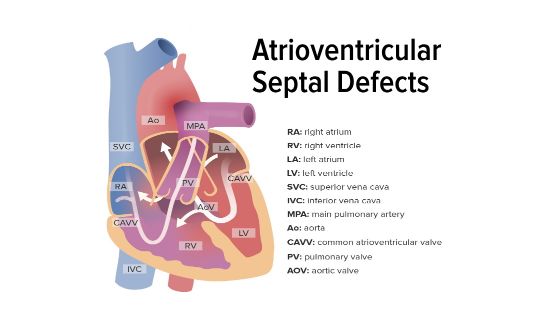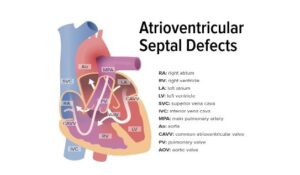Table of Contents
Introduction
The Atrioventricular (AV) The Heart’s Electrical System is a vital mechanism that regulates the rhythm and coordination of the heart’s contractions. This intricate system ensures the efficient flow of blood throughout the body, maintaining optimal cardiovascular health. Understanding the AV The Heart’s Electrical System is essential for comprehending the complexities of the heart’s electrical pathways and diagnosing related cardiac conditions.
Diagnosis and Treatment of AV The Heart’s Electrical System Disorders
Diagnosing and treating disorders related to the AV The Heart’s Electrical System requires a comprehensive approach:
Prevention and Maintenance of a Healthy AV The Heart’s Electrical System
Maintaining a healthy AV The Heart’s Electrical System is crucial for overall cardiovascular well-being. Here are some preventive measures:
Components of the AV The Heart’s Electrical System

The AV The Heart’s Electrical System comprises several essential components that work harmoniously to ensure the heart’s rhythmic contractions:
Conclusion
In conclusion, the atrioventricular node is a critical part of the heart’s electrical system. It controls the heart’s rate and rhythm. If the atrioventricular node doesn’t work properly, it can cause a variety of heart problems, including heart block and arrhythmias.



